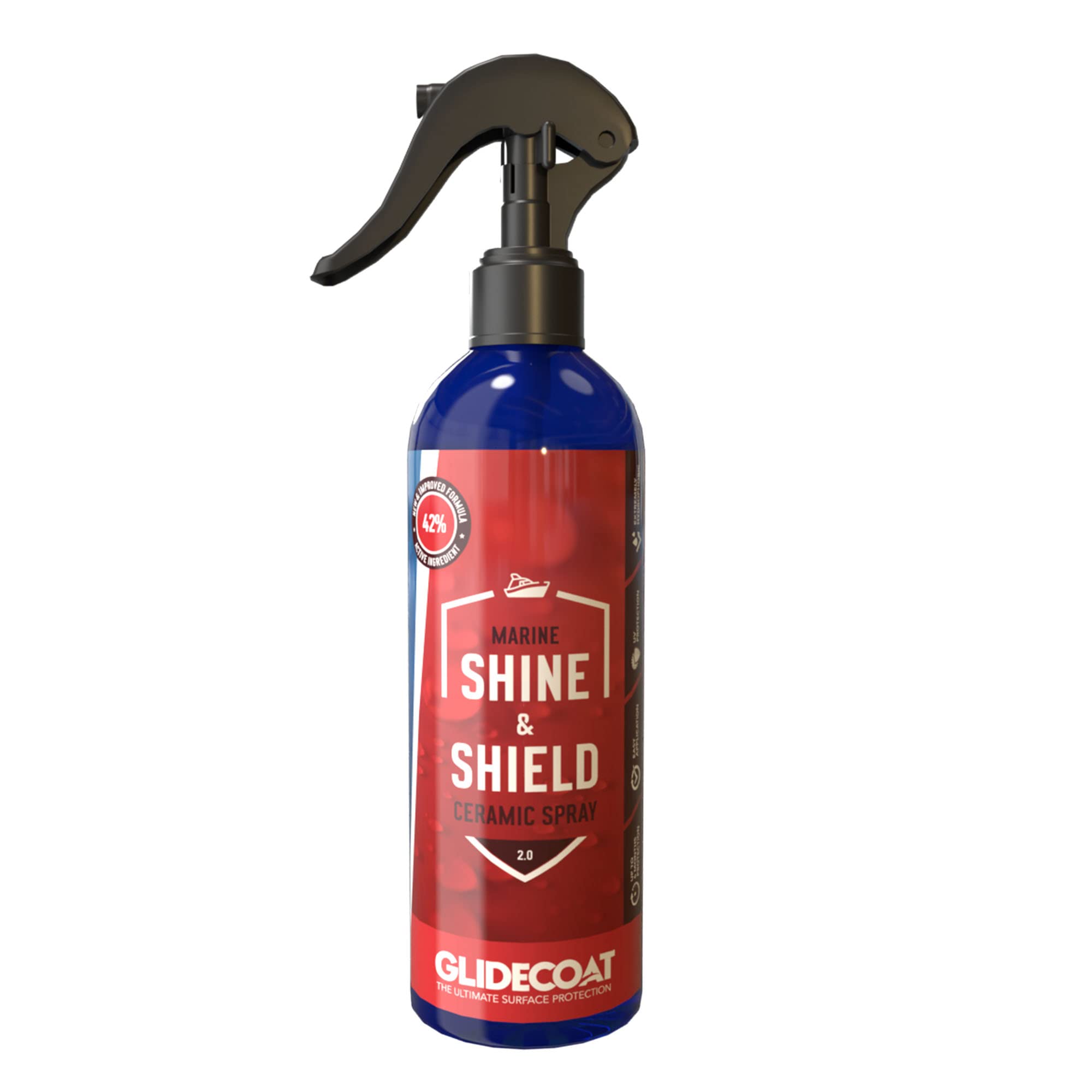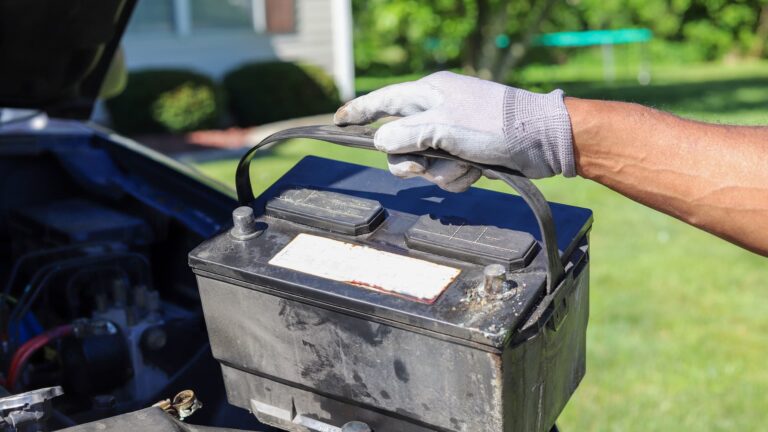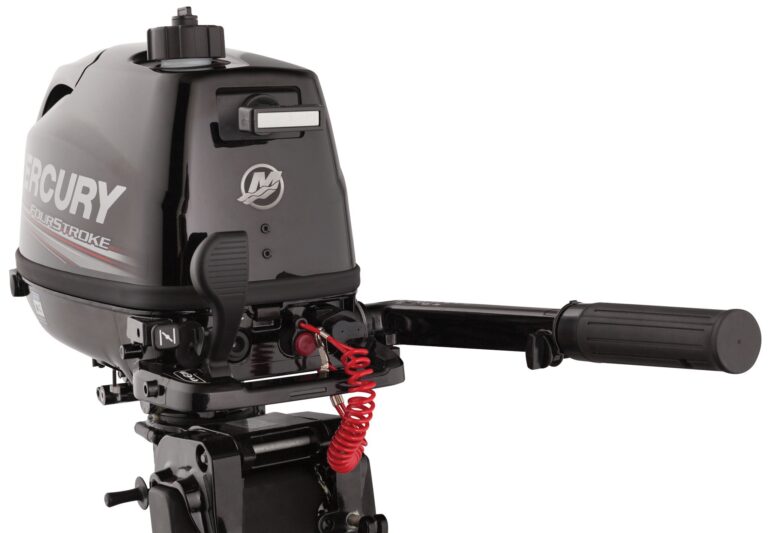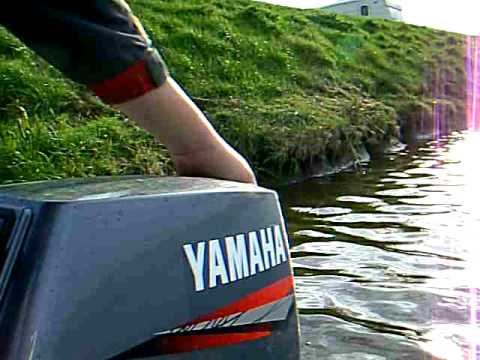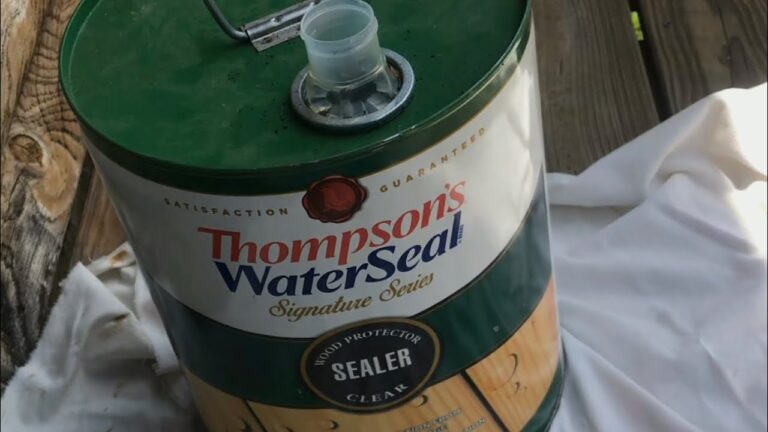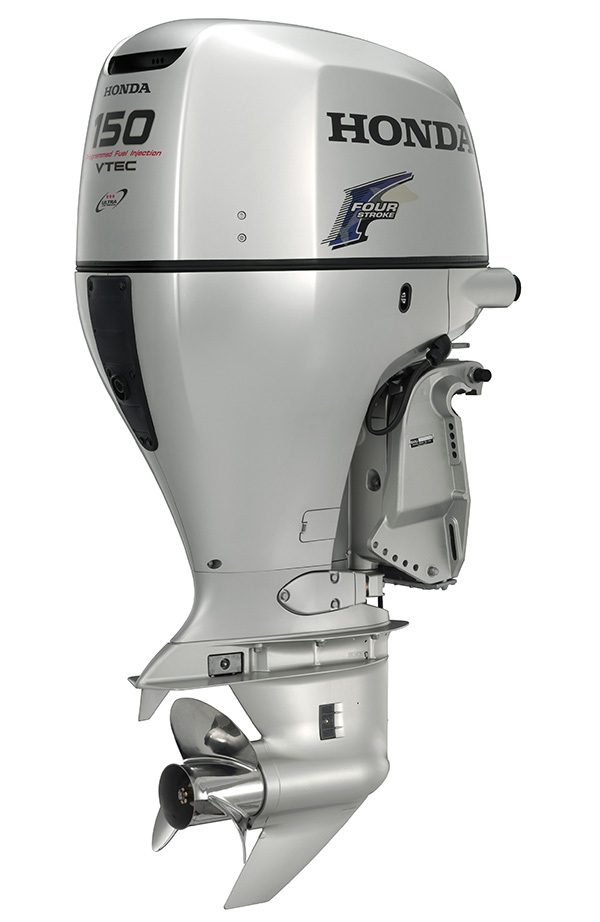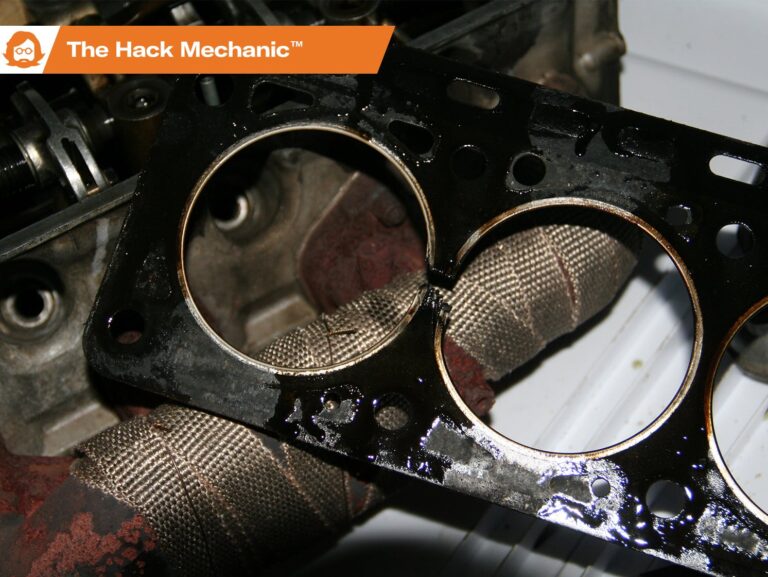Marine Sealants And Their Importance in Boat Maintenance
Marine sealants play a crucial role in boat maintenance by creating a reliable seal between various surfaces, preventing water and air from penetrating. These specially formulated sealants are essential for both above-waterline and below-waterline applications, protecting against vibrations, noise, and electrolysis.
Marine sealants cure to a durable and flexible consistency, allowing them to withstand movement without losing adhesion. Selecting the right sealant is important for ensuring the longevity and integrity of your boat.
Understanding Marine Sealants
Marine sealants are crucial for boat maintenance as they create a watertight seal between surfaces, protecting against vibration, noise, and electrolysis. These specially formulated sealants are used for both above-waterline and below-waterline applications, ensuring the durability and longevity of the boat.
Definition Of Marine Sealants:
Marine sealants are specialized adhesive compounds that are designed to create a strong, watertight seal between different surfaces on a boat. They are used for both above-waterline and below-waterline applications, ensuring that areas prone to water ingress are effectively sealed off.
Marine sealants are specially formulated to resist the harsh conditions of the marine environment, including exposure to saltwater, UV rays, and extreme temperatures. These sealants provide protection against vibration, noise, and electrolysis, making them an essential component in boat maintenance.
Different Types Of Marine Sealants:
There are several types of marine sealants available, each with its specific properties and applications. Here are some common types of marine sealants:
- Polyurethane Sealants: These sealants offer excellent adhesion to various materials, including wood, fiberglass, and metal. They provide a durable, flexible seal and are resistant to weathering and harsh marine conditions. Polyurethane sealants are commonly used for deck hardware, sealing hull-to-deck joints, and underwater applications.
- Silicone Sealants: Silicone sealants are known for their excellent resistance to UV rays, temperature extremes, and moisture. They maintain their flexibility over time and exhibit good adhesion to many common boat-building materials. Silicone sealants are often used for sealing windows, hatches, and other above-waterline applications.
- Butyl Tape: Butyl tape is a non-hardening sealant that remains permanently flexible. It offers excellent resistance to water, UV rays, and chemicals. Butyl tape is commonly used for bedding deck fittings, sealing ports and hatches, and securing windows.
- Epoxy Sealants: Epoxy sealants provide a strong, permanent bond and high strength. They are commonly used for structural bonding, repairing cracks and leaks, and filling gaps. Epoxy sealants are resistant to moisture, chemicals, and temperature variations.
- Polysulfide Sealants: Polysulfide sealants are highly flexible and durable. They offer excellent resistance to saltwater, fuel, and oil. Polysulfide sealants are typically used for below-waterline applications, such as sealing keels, hull joints, and through-hull fittings.
Importance Of Using Marine Sealants In Boat Maintenance:
Using marine sealants is crucial for proper boat maintenance and ensuring the longevity of your vessel. Here are some key reasons why marine sealants are essential:
- Waterproofing: Marine sealants create a tight seal that prevents water from entering areas susceptible to leaks, such as hull joints, windows, and hatches. This helps protect the structural integrity of the boat and prevents water damage.
- Preventing Moisture Intrusion: Moisture can lead to mold, mildew, and rot, which can compromise the boat’s integrity and cause health issues. Marine sealants keep moisture out, reducing the risk of these problems.
- Vibration and Noise Reduction: Marine sealants help dampen vibration and noise caused by the boat’s movement, engine, or waves. This enhances onboard comfort and minimizes noise disturbance.
- Protecting Against Electrolysis: Marine sealants act as a barrier between different metals, preventing galvanic corrosion caused by electrolysis. This helps preserve the lifespan of critical components and minimizes maintenance costs.
- Enhancing Aesthetics: Marine sealants provide a clean, finished look to areas where different materials meet, improving the overall appearance of the boat.
Marine sealants play a vital role in boat maintenance by creating watertight seals, preventing moisture intrusion, reducing vibration and noise, protecting against electrolysis, and enhancing aesthetics. Choosing the right marine sealant and applying it correctly is crucial for maintaining the structural integrity and longevity of your boat.
Benefits Of Marine Sealants
Marine sealants play a crucial role in boat maintenance by creating a watertight and airtight seal between surfaces. Specially formulated to protect against vibration, noise, and electrolysis, these sealants are essential for above and below-waterline applications.
:
Marine sealants are an essential part of boat maintenance, providing numerous benefits that help ensure the longevity and performance of your vessel. From providing a watertight seal to protecting against harsh weather conditions, marine sealants offer a range of advantages.
Here are some key benefits:
- Provides a watertight seal: Marine sealants create a tight and secure seal between various surfaces, preventing water from leaking into different areas of the boat. This is crucial for maintaining the structural integrity of the vessel and preserving its longevity.
- Prevents leaks and corrosion: By sealing gaps and cracks, marine sealants act as a barrier against water intrusion, preventing leaks that can cause damage and costly repairs. Additionally, they offer protection against corrosion, which can deteriorate the boat’s materials and compromise its functionality.
- Protects against UV rays and harsh weather: Marine sealants are specifically formulated to withstand the harsh marine environment, including exposure to UV rays, saltwater, and extreme weather conditions. They provide a protective layer that shields the boat’s surfaces from these elements, reducing the risk of damage and deterioration.
- Reduces noise and vibration: Marine sealants help to reduce noise and vibration, enhancing the comfort and overall sailing experience. By absorbing vibrations and minimizing noise transmission, they create a more enjoyable and peaceful environment onboard.
Marine sealants play a crucial role in boat maintenance by providing a watertight seal, preventing leaks and corrosion, protecting against UV rays and harsh weather, and reducing noise and vibration. By incorporating these sealants into your maintenance routine, you can ensure the longevity, performance, and comfort of your vessel.
Application And Maintenance Of Marine Sealants
Marine sealants play a crucial role in boat maintenance, providing an airtight and watertight seal between various surfaces. These specially formulated sealants protect against vibration, noise, and electrolysis, ensuring the longevity and performance of the vessel.
Proper Application Techniques:
- Before applying marine sealants, ensure that the surfaces are clean, dry, and free of any contaminants such as dust, grease, or old sealant residue.
- Use a high-quality caulking gun for precise application, applying steady pressure to ensure an even and consistent bead of sealant.
- Apply the sealant in a continuous line, without any breaks or gaps, to create a strong and watertight seal.
- Smooth the sealant with a caulking tool or your finger to ensure it adheres well to the surfaces and creates a neat finish.
- Allow the sealant to cure according to the manufacturer’s instructions before exposing it to water or other elements.
Common Areas Where Marine Sealants Are Used:
- Hull-to-deck joints: Marine sealants are commonly used to seal the joint between the hull and deck, preventing water intrusion and ensuring structural integrity.
- Windows and portholes: Sealants are applied around windows and portholes to create a watertight seal and protect against leaks.
- Deck fittings: Sealants are used to secure and seal deck fittings such as cleats, handrails, and hatches.
- Through-hull fittings: Sealants are applied around through-hull fittings to prevent water from entering the boat through these openings.
- Keel joints: Sealants are used to seal and strengthen the joint between the keel and the hull, protecting against water penetration.
- Bulkheads and interior joinery: Marine sealants are used to bond and seal bulkheads and other interior joinery, ensuring structural integrity and preventing moisture damage.
Regular Inspection And Replacement Of Sealants:
- Inspect all sealant joints regularly, preferably before and after each boating season, to check for any signs of wear, damage, or failure.
- Look for cracks, gaps, or separation in the sealant, as these can indicate the need for replacement.
- Pay close attention to areas exposed to heavy weathering, UV rays, or water immersion, as these areas may require more frequent inspection and maintenance.
- When replacing sealants, thoroughly remove the old sealant and clean the surfaces before applying the new sealant.
- Follow the manufacturer’s instructions for sealant replacement, including proper curing time and any specific application techniques.
Regular inspection and maintenance of marine sealants are crucial for maintaining the integrity of your boat and preventing costly damages. By using proper application techniques, applying sealants in common areas, and conducting regular inspections, you can ensure the longevity and performance of your boat’s sealant joints.
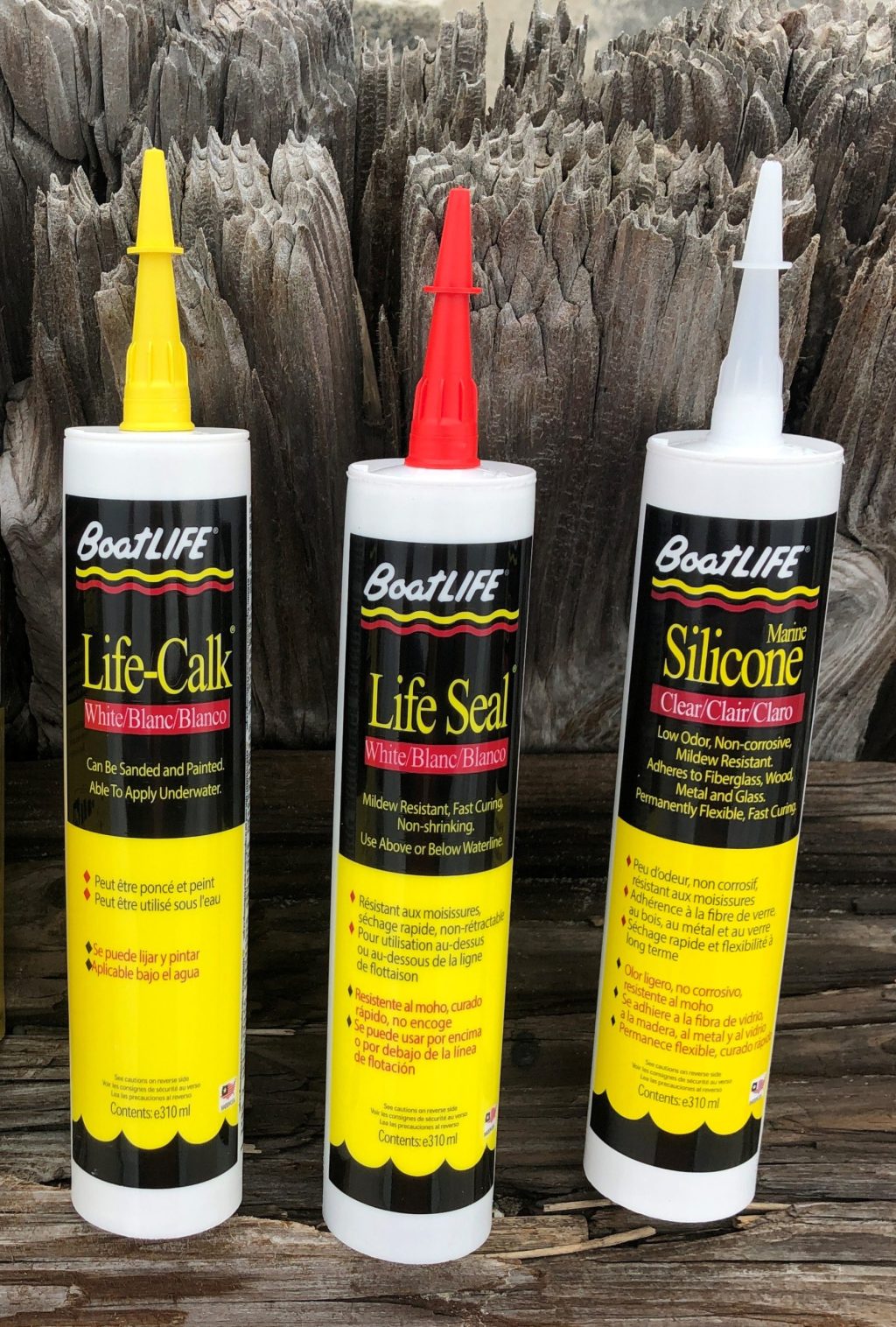
Credit: www.boatlife.com
Frequently Asked Questions On Marine Sealants And Their Importance In Boat Maintenance
What Is The Use Of Marine Sealant?
Marine sealant is used for creating a watertight seal between surfaces in boat maintenance. It protects against vibration, noise, and electrolysis.
What Is Boat Sealant?
Boat sealant is a durable, flexible substance that creates a watertight seal between surfaces to prevent water or air from entering.
What Kind Of Sealant To Use On A Boat?
One recommended sealant to use on a boat is 3M Marine Grade Silicone for a strong and secure seal.
What Is Special About Marine Silicone?
Marine silicone creates a watertight seal between surfaces and protects against vibration or electrolysis.
Conclusion
For its strength and durability. It forms a permanent bond that can withstand the harsh marine environment. Silicone sealants, on the other hand, provide excellent adhesion and flexibility, making them ideal for sealing windows, hatches, and portlights. When choosing a marine sealant, it is important to consider factors such as the specific application, materials being sealed, and the conditions the boat will be exposed to.
Regular maintenance and inspection of sealants are vital to ensure their effectiveness and prevent potential leaks and damage. By investing in high-quality marine sealants and properly maintaining them, boat owners can prolong the life of their vessels and enjoy worry-free boating experiences.
So, whether it’s sealing deck fittings, repairing leaks, or bonding surfaces, marine sealants play a crucial role in boat maintenance and should not be overlooked.

